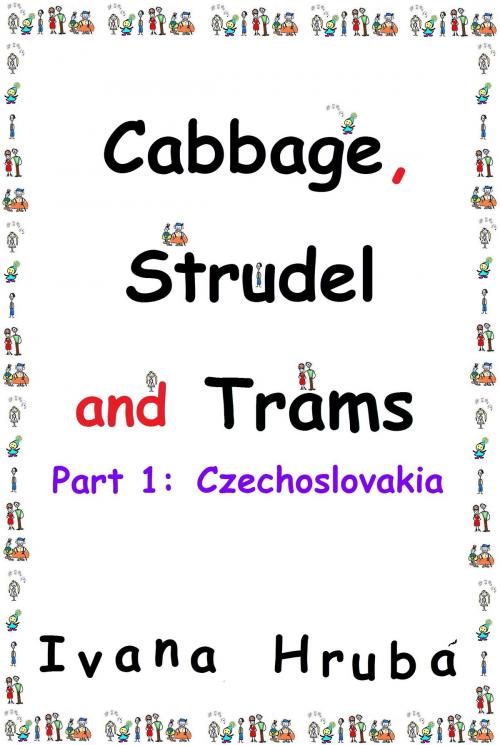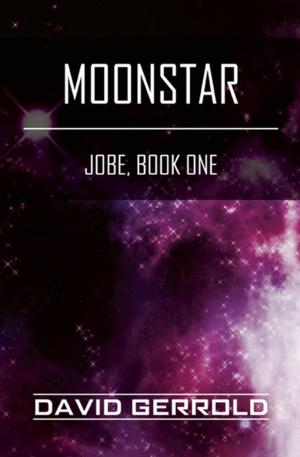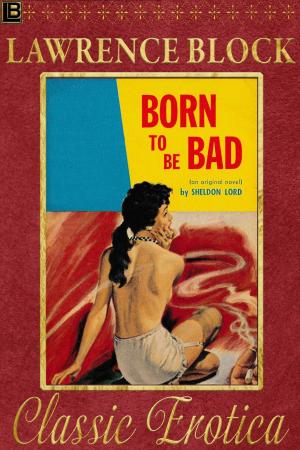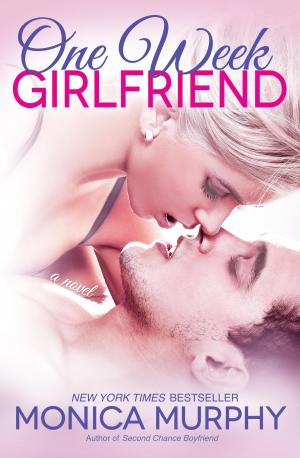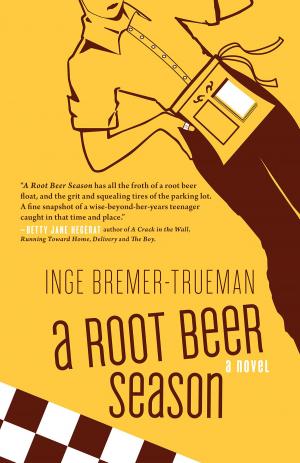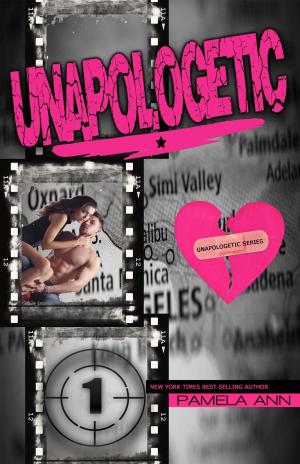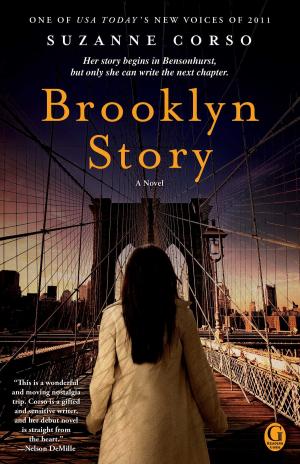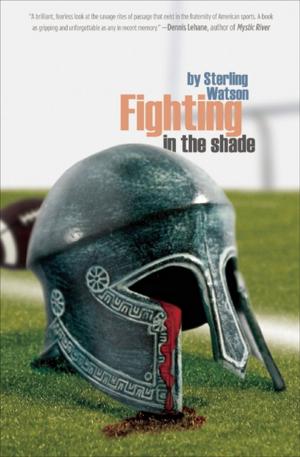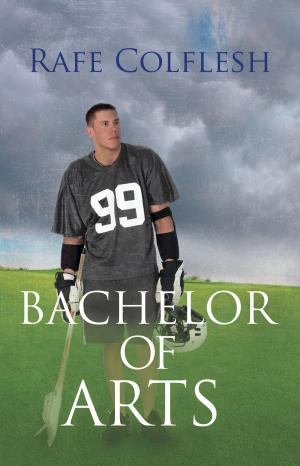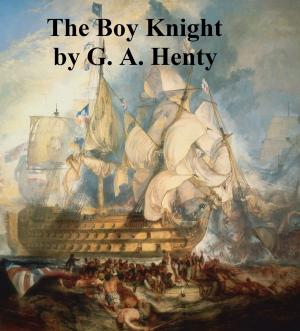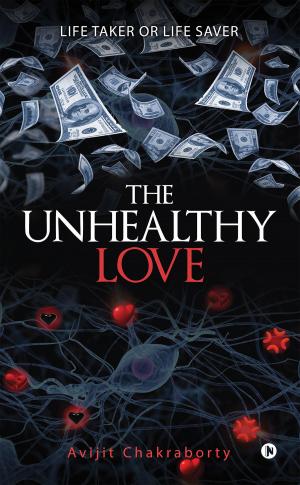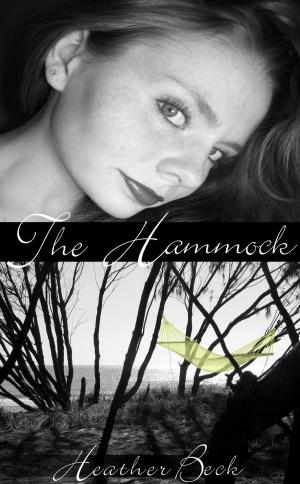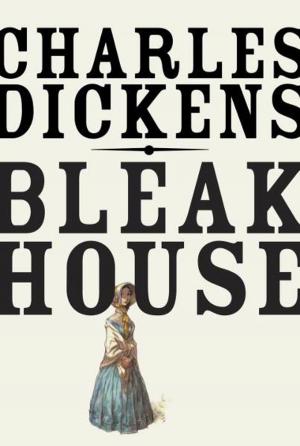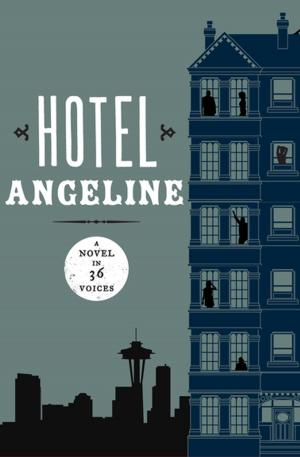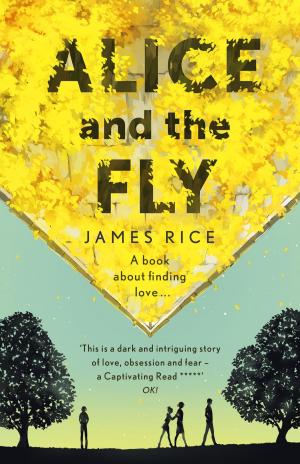| Author: | Ivana Hruba | ISBN: | 9780646548982 |
| Publisher: | Ivana Hruba | Publication: | December 29, 2010 |
| Imprint: | Smashwords Edition | Language: | English |
| Author: | Ivana Hruba |
| ISBN: | 9780646548982 |
| Publisher: | Ivana Hruba |
| Publication: | December 29, 2010 |
| Imprint: | Smashwords Edition |
| Language: | English |
Cabbage, Strudel & Trams tells the story of a young girl’s turbulent journey from childhood to adulthood, of adolescence begun behind the Iron Curtain, continued in a West German refugee camp and coming to a glorious end in the land Down Under. Narrated by Franta, an imaginary friend inhabiting the inner world of our young heroine Vendula, this satirical coming-of-age tale depicts the trials and tribulations of an ordinary Czech family living in a small mining town in communist Czechoslovakia in the early 1980s, their escape to West Germany and their resettlement in Australia.
The story begins when the combined household of Zhvuk & Dribbler is thrown into chaos by the untimely defection of Uncle Stan to West Germany. With nothing but their damaged political profile to lose, the family decides to eventually follow in Uncle Stan’s footsteps but not before puberty, free enterprise, unrequited love and things that only happen to other people shred our young heroine’s heart. With charm, poise and a little grace, Franta navigates Vendula through the pitfalls of her teenage years, guiding her to discover her own identity. As shenanigans gather momentum, Franta’s humorous insights into Vendula’s loopy family: the assertive mother, the henpecked father, the enterprising granddad, the blissful grandma, the dissenting uncle and his circle of ‘freedom fighting’ friends build a picture of the life of ordinary folk surviving the oppressive communist regime.
Well, even straw will eventually break the camel’s back. Following a trip to the almighty Soviet “Onion” where rows of empty shop windows reveal the future all too clearly, the family escapes to West Germany. Unexpectedly, the refugee camp, a colourless shapeless blur on the edge of a dark, dark forest where only goblins live, is a “happy” kind of place in which tobacco chewing, nose picking, throat clearing, the occasional riot, and plentiful and uninhibited sexual exploits are the order of the day. Of course, life is not all beer and crackers for our heroes; having carved out some sort of an existence in the camp, new challenges arise when the family arrives in Australia.
Cabbage, Strudel & Trams tells the story of a young girl’s turbulent journey from childhood to adulthood, of adolescence begun behind the Iron Curtain, continued in a West German refugee camp and coming to a glorious end in the land Down Under. Narrated by Franta, an imaginary friend inhabiting the inner world of our young heroine Vendula, this satirical coming-of-age tale depicts the trials and tribulations of an ordinary Czech family living in a small mining town in communist Czechoslovakia in the early 1980s, their escape to West Germany and their resettlement in Australia.
The story begins when the combined household of Zhvuk & Dribbler is thrown into chaos by the untimely defection of Uncle Stan to West Germany. With nothing but their damaged political profile to lose, the family decides to eventually follow in Uncle Stan’s footsteps but not before puberty, free enterprise, unrequited love and things that only happen to other people shred our young heroine’s heart. With charm, poise and a little grace, Franta navigates Vendula through the pitfalls of her teenage years, guiding her to discover her own identity. As shenanigans gather momentum, Franta’s humorous insights into Vendula’s loopy family: the assertive mother, the henpecked father, the enterprising granddad, the blissful grandma, the dissenting uncle and his circle of ‘freedom fighting’ friends build a picture of the life of ordinary folk surviving the oppressive communist regime.
Well, even straw will eventually break the camel’s back. Following a trip to the almighty Soviet “Onion” where rows of empty shop windows reveal the future all too clearly, the family escapes to West Germany. Unexpectedly, the refugee camp, a colourless shapeless blur on the edge of a dark, dark forest where only goblins live, is a “happy” kind of place in which tobacco chewing, nose picking, throat clearing, the occasional riot, and plentiful and uninhibited sexual exploits are the order of the day. Of course, life is not all beer and crackers for our heroes; having carved out some sort of an existence in the camp, new challenges arise when the family arrives in Australia.
